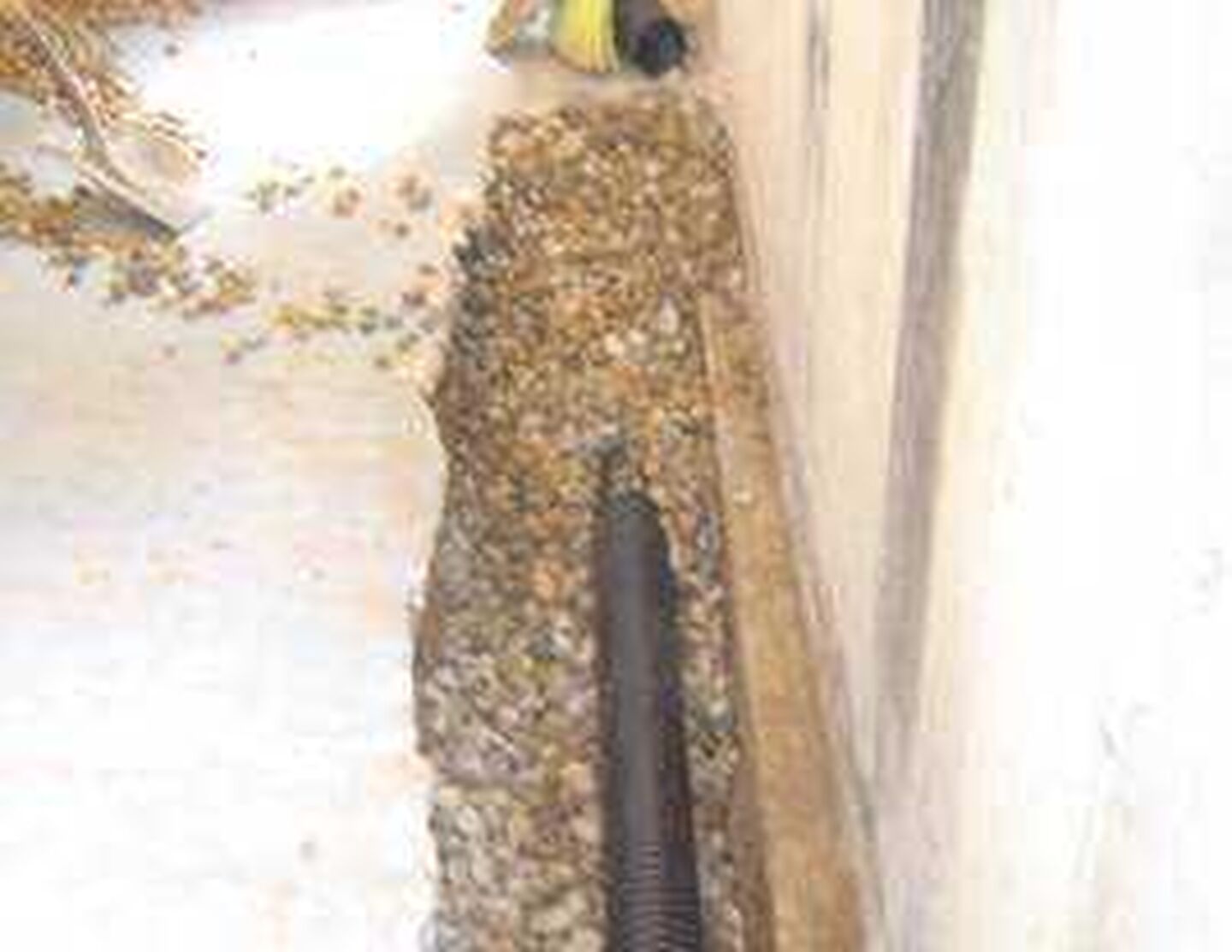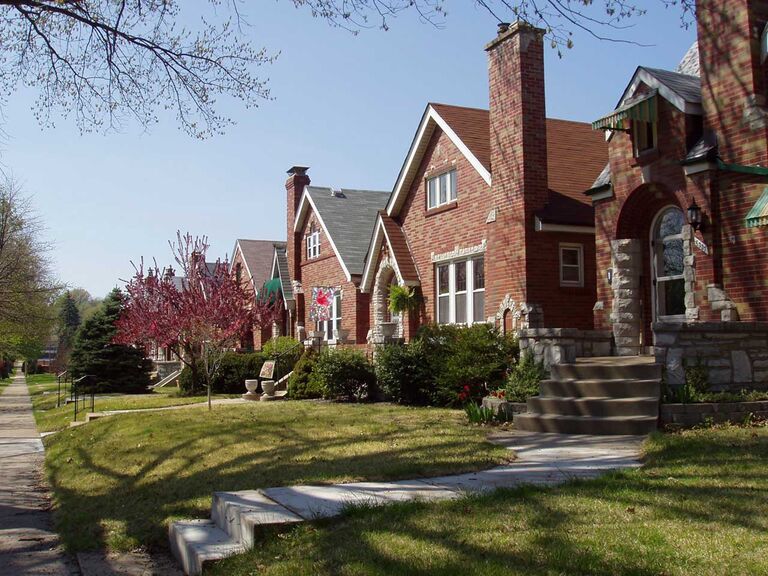Does Interior Drain Tile Really Require Maintenance?

You’ve been having problems with water seeping into your basement and have called two basement waterproofing companies to take a look at the problem. Both have agreed that the water is coming up through small floor cracks and through the cove joint, the place where the foundation walls meet the basement floor.
Both have made the same recommendation – that you install interior drain tile. As an educated customer, you agree because you know that interior drain tile will stop the seepage from both places and will relieve hydrostatic pressure under your foundation.
Each company has given you an estimate and the prices are pretty comparable, even though they’ll be using different basement waterproofing materials. Company A will use flexible corrugated pipe in their drain tile system; Company B will use rigid PVC.
All this agreeing screeches to a halt, though, when Company B adds that they will install several “clean-outs” that protrude through your basement floor and promise that they will send a maintenance person out annually to check on the drain tile system.
Sounds like it makes sense, but does it?
Three Reasons Why Interior Drain Tile should be Maintenance-free
Frankly, no interior drain tile system should require maintenance if installed correctly using the right materials.
Corrugated Pipe is Less Likely to Clog – If you compare a straight run of corrugated pipe with PVC, neither should clog. Corrugated pipe, however, being flexible, makes smooth turns and transitions unlike PVC, which requires a hard angle connector to be installed every time it deviates from a straight run. These joints and hard angles create more opportunities for clogging.
Additionally, PVC pipe has larger openings that can admit more debris.
Interior Drain Tile is Below the Concrete Floor – Once interior drain tile is installed and the floor above it has been replaced, nothing touches it. It isn’t subject to soil movement or interference. Installed properly, with the dual filtration of washed gravel and filtration fabric, it won’t clog. So, why would it ever need maintenance, let alone once a year?
Only the Sump Pump Requires Maintenance – As the heart of your drain tile system, your sump pump should be checked periodically to make sure it’s working properly – simple maintenance you can do yourself.
So, why does Company B insist on putting in clean-outs? Maybe they lack confidence in their product or their installers. Maybe they’re looking for revenue by charging you for those annual “maintenance” visits. Maybe they view them as opportunities to sell you something else. You’ll have to ask them.
At U.S. Waterproofing, we take the “Company A” approach to interior drain tile and our customers enjoy maintenance-free dry basements. Since 1957, we’ve installed tens of thousands of interior drain tile systems and exactly none has clogged due to soil infiltration! We’re proud of our record of customer satisfaction so why not ask for our free advice.




